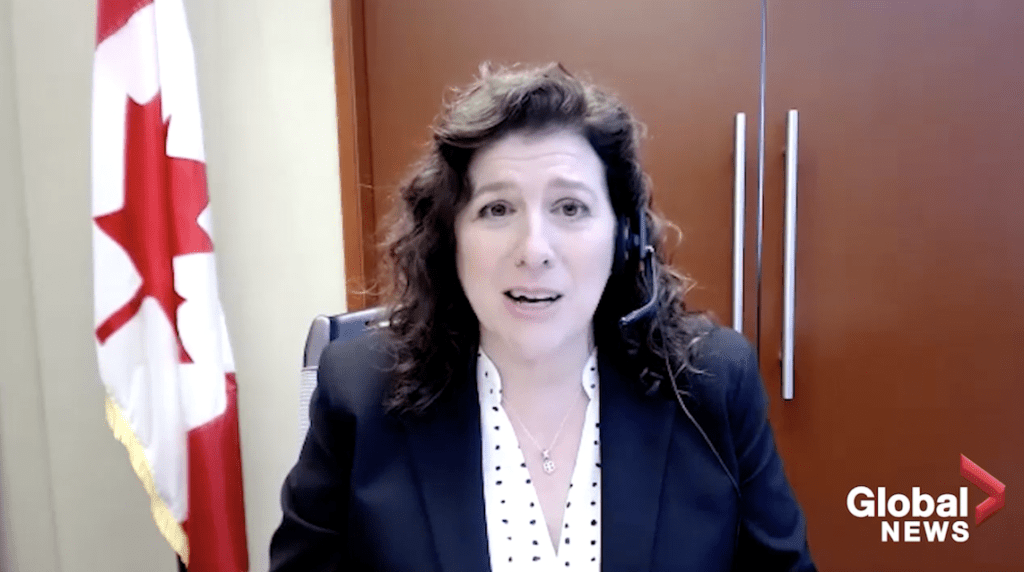Four Cheers for the Office of the Auditor General

Kevin Page
May 31, 2022
It is said that empathy is the building block for morality. It can build strong relationships because it helps us understand the perspectives and needs of others.
It is said that strong institutions and the ability to hold a government to account are the cornerstones of liberal democracy. Countries fail under weak institutions. Let us give thanks that Canada has an Office of the Auditor General (OAG) that is committed to professional excellence and genuine respect for all people.
Canada’s Auditor General, Karen Hogan, delivered four performance audit reports to the House of Commons on Tuesday. They merit four cheers. Each report applies professional pressure on the government, Parliament and public service to improve service to the Canadians who are too often forgotten – hard-to-reach people, disabled veterans, targets of gender and other inequities and prisoners.
For hard-to-reach-people, the OAG puts pressure on the Canada Revenue Agency and the Department of Employment and Social Development to raise its game on better identifying people who are missing out on services. A wealthy country such as Canada designs programs to help reduce poverty and inequality, but we are not doing enough to make sure they receive benefits.
For disabled veterans, the OAG finds that less than 40 percent of the time does Veterans Affairs Canada meet its service standard of processing applications within 16 weeks. Recommendations for process improvements must be acted on.
On gender inequities, the OAG puts pressure on Woman and Gender Equality Canada and two central agencies (Privy Council Office and Treasury Board Secretariat) to improve the availability and quality of data. While the late management guru Peter Drucker never actually said, “What gets measured gets managed,” insufficient or inefficient measurement surely doesn’t help.
On prisoners, the OAG found that Indigenous and Black men were placed in maximum security institutions at twice the rate of other offenders. For Indigenous women, it was three times the rate. With pressure from the OAG, the government agreed to undertake a review, with external experts, to improve security classifications. We will look for change.
Some Canadians reading media reports will likely be reminded that this is not the first time the OAG has pushed the government on these issues. Muhammed Ali said “It’s the repetition of affirmations that leads to belief, and once that belief becomes a deep conviction, things begin to happen.” Strong societies are built on strong institutions and the willingness to help vulnerable people. We thank the OAG for their work and the reminders.
Kevin Page is the President of the Institute of Fiscal Studies and Democracy at the University of Ottawa, former Parliamentary Budget Officer and a contributing writer for Policy Magazine.
